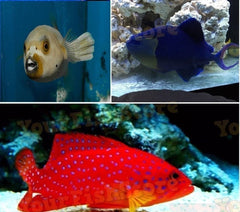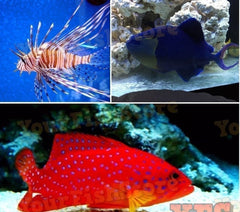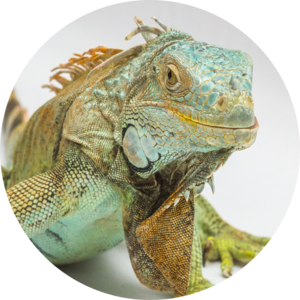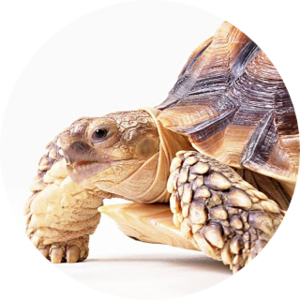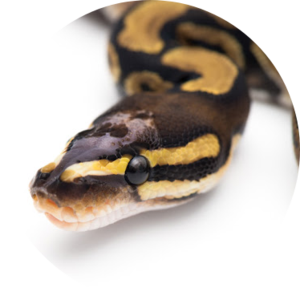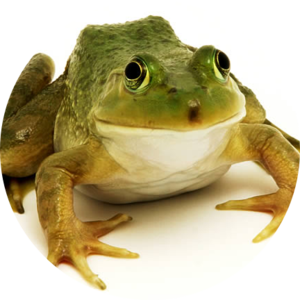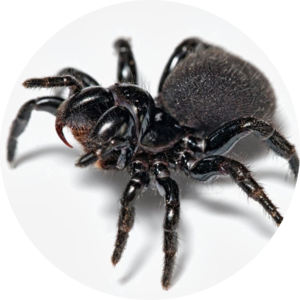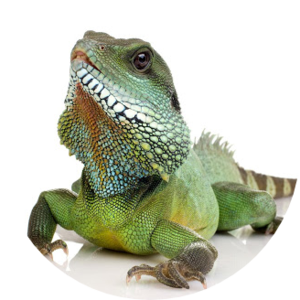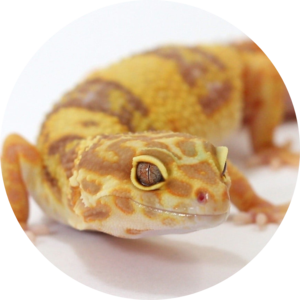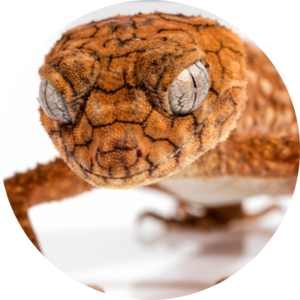(X3) Discus 2" - 3" Each / (X25) African Cichlid Fish Package
Ebay
$ 238.54

*********************************************************************
This Package Includes
x3 ASSORTED DISCUS 2" - 3" Each
x25 ASSORTED CICHLIDS
*****************************************************************
x3 ASSORTED DISCUS 2" - 3" Each
Minimum Tank Size: 40 gallons
Care Level: Easy
Discus are colorful, graceful and charismatic tank inhabitants. Discus are considered to require a higher level of care than other aquarium fish. Their basic requirements are a larger aquarium (3ft+ is recommended) and stable, clean water. For this reason alone they are not recommended for the beginner aquarist. Discus can be housed with many any other fish as long as they require the same water conditions. They are not compatible with larger aggressive fish such as oscar's or smaller fin nipping varieties.
Discus do best with smaller tetra’s such as neon tetras, cardinal tetras, ember tetras, harlequin tetras and rummynose tetras. Tetras are usually the most common compliment to discus as they contrast the size and add movement to the aquarium.
Temperature ~84°F
The optimum aquarium temperature for Discus is around 82°F - 88°F (28°C-31°C). Note that higher temperatures such as these lower dissolved oxygen and limit the number of fish housed in the aquarium. When choosing other fish to go in the aquarium try and fit them in this temperature bound.
pH ~6.5 | Hardness 4.0
Keep your pH between about 6 and 7. The ideal pH for discus is around 6.5. If your pH is over 7 or below 6 it may begin to cause discus stress. Tank bred Discus species have been known to thrive in pH as high as 7.8 as long as there is little/no fluctuation.
Relative water hardness should be 1dH - 8dH. This will replicate relatively soft conditions similar to the amazon. Some tank bred variety's are known to withstand higher dH. Water hardness can be softened with the addition of a piece of diftwood to the aquarium water.
Max Size ~6.5"
Both males and females can grow to around 6.5" (16.5cm) over the course of two years.
Nitrite 0ppm
Discus are highly susceptible to even very low levels of nitrite in the aquarium.
Ammonia 0ppm
Discus are very sensitive to any ammonia levels. There will be noticeable loss of color and heavy breathing if ammonia is present. An immediate water change is required.
Nitrate >20ppm
Nitrates should be as close to 0ppm as possible. Any reading under 20ppm is suitable for keeping Discus, elevated levels can be reduced by adding aquatic plants and removing any decaying matter.
Water Changes >50%
Discus require the aquarium water should be changed at least 50% each week to reduce nitrates and replenish minerals. Discus are messy feeders and big contributors to nitrates in the aquarium. Be sure to dechlorinate the water before it is changed.
Housing Discus
Discus are usually combined with planted aquariums. Planted tanks with CO2 injection will usually exhibit a lower pH of around 6.8 which is perfect for Discus. Discus, originally a species from the amazon will feel right at home with a mixture of long stem plants and lower foreground plants. Driftwood is also an excellent compliment that will help these fish feel at home. It will add to the beauty of the aquarium and it will also soften the water and lower the pH to a suitable environment.
Alternatively, Discus can be housed in a bare bottomed tank. Some hobbyists believe this is the best way to care for discus even though it is not as aesthetically pleasing. Having no substrate allows the tank to be easily cleaned from faeces and rotting debris. This is a sure way to keep the water quality stable and immaculate. When breeding Discus it is highly recommended to put them into a bare bottomed tank. This has a number of advantages including a safe environment for the young and easy aquarium maintenance.
*******************************************
x25 ASSORTED AFRICAN CICHLID 1" Each
*HAND PICK AFRICAN CICHLIDS SM/MD SIZE
Minimum Tank Size: 30 gallons
Care Level: Easy
The African cichlids contain some of the most colorful of all freshwater fishes. The cichlids are an enormous family of fish and they offer the widest variety of body shapes and behaviors of all freshwater fishes.
This wonderful group is further complimented by their remarkable behavior, it is highly complex yet ritualistic. They are very active and many can be very personable, readily greeting their keepers and begging for food. These are the characteristics that make cichlids a favorite attraction for many hobbyists.
The African Cichlids seen in the hobby have a mix of fascinating characteristics and are a delight to keep. There are many colorful cichlids like the popular varieties of Peacock Cichlids. Others are highly prized for their unique habitat or behavioral characteristics. These can be seen in the goby cichlids, shelldwellers, featherfins, and popular Tropheus genus, to name a few.
Most of the favorite fish are moderate in size and very well suited to home aquariums. Some also reach an impressive size and are great specimens for a large show tank. Only a few are not really suitable for the home aquarium due to size.
*We keep our cichlids in a 500 gallon Tub and we generally scoop them out from an overhead view, so we are not able to get specific types.
Jacobfreibergi Peacock Cichlid
Julidochromis ani Cichlid Burundi
Kapampa N. Caudopunctatus Cichlid
Kennyi Maylandia Lombardoi Cichlid
Kigoma Callochromis Pleurospilus Cichlid
Labidochromis Chisumulae Cichlid
Lamprologus Meleagris Cichlid
Lamprologus Ocellatus Cichlid
Lemon Yellow Labido Caeruleus Cichlid
Limnotilapia Dardennii Cichlid
Livingstonii Cichlid
Moliro Red Band Troph Moorii Cichlid
Ndole Bay Tropheus Moorii Cichlid
Neolamprologus Brichardi Cichlid
Neolamprologus Cylindricus Cichlid
Neolamprologus Olivaceous
Neolamprologus Tretocephalus Cichlid
Nkhata Orange Petro. Tridentiger Cichlid
Nyassae Peacock Cichlid
O.B. Labeotropheus Fuelleborni Cichlid
Orange Blotched Peacock Cichlid
Otopharynx Tetrastigma Cichlid
Polystigma Cichlid
Pseudotropheus Acei Cichlid
Pseudotropheus Elongatus Cichlid
Red Empress Cichlid
Red Fire Queen Peacock Cichlid
Red Frontosa Cichlid
Red Labeotropheus Trewavasae Cichlid
Red Peacock Cichlid
Red Petrochromis Cichlid Bulu Point
Red Zebra Cichlid
Redfin Copadichromis Borleyi Cichlid
Redtop Labidochromis Hongi Cichlid
Redtop Ndumbi Pseudo. Persipax Cichlid
Ruby Crystal Peacock Cichlid
Socolofi Cichlid
Strawberry Peacock Cichlid
Sunshine Peacock Cichlid
Taeniolethrinops Furcicauda Cichlid Wild Female
Taiwan Reef Protomelas Steveni Cichlid
Telmatochromis Vittatus Cichlid
Tropheus Duboisi Cichlid
Venustus Cichlid
Yellow Band Tropheus Moorii Cichlid
Yellow Blaze Copadochomis Cichlid
Yellow P. Elongatus Cichlid Mara
Zebra Chilumba Cichlid Maison Reef
Zimbabwe Rocks Otoph. Lithobates Cichlid
Customer Reviews
No reviews yet
Write a review
QUESTIONS & ANSWERS
Have a Question?
Be the first to ask a question about this.




